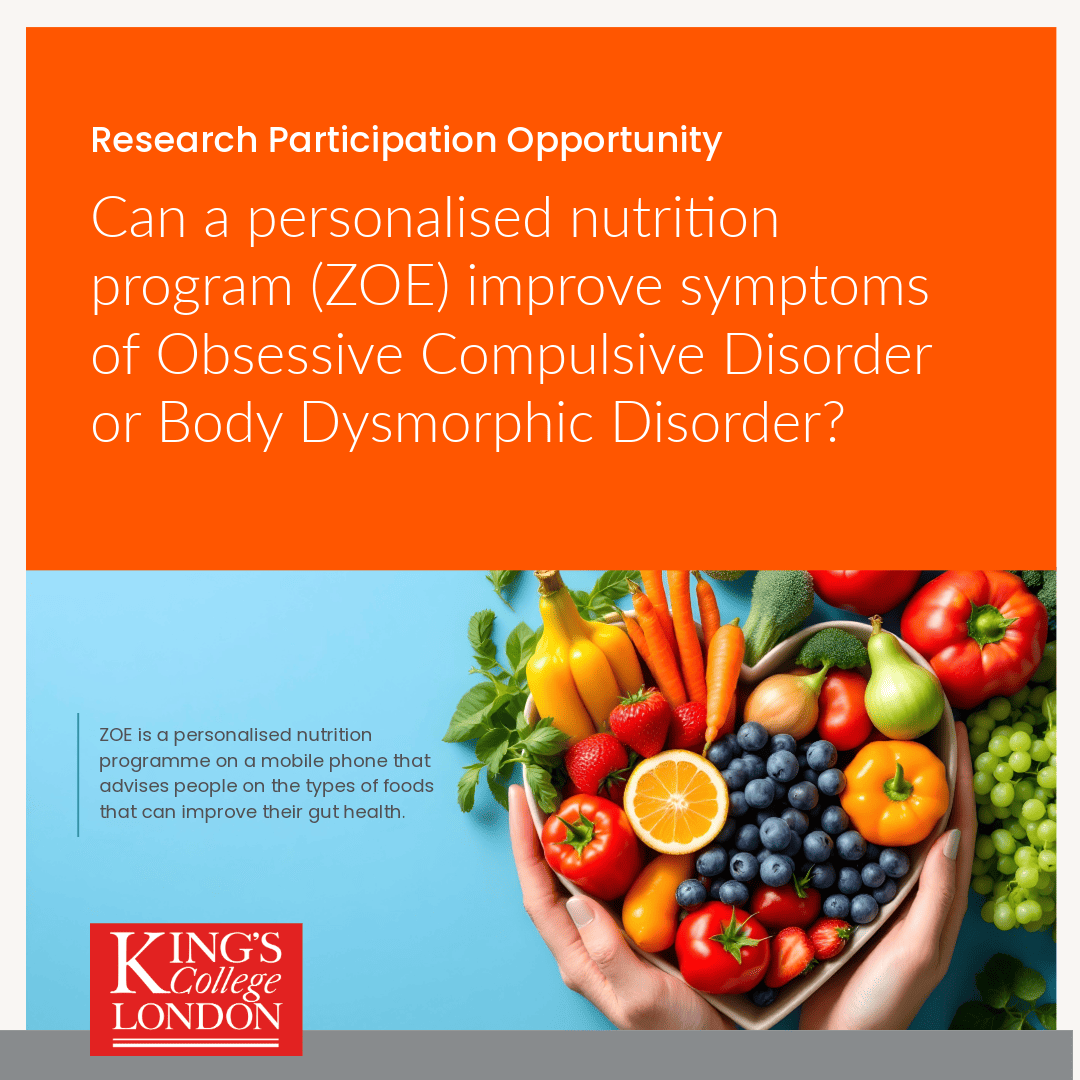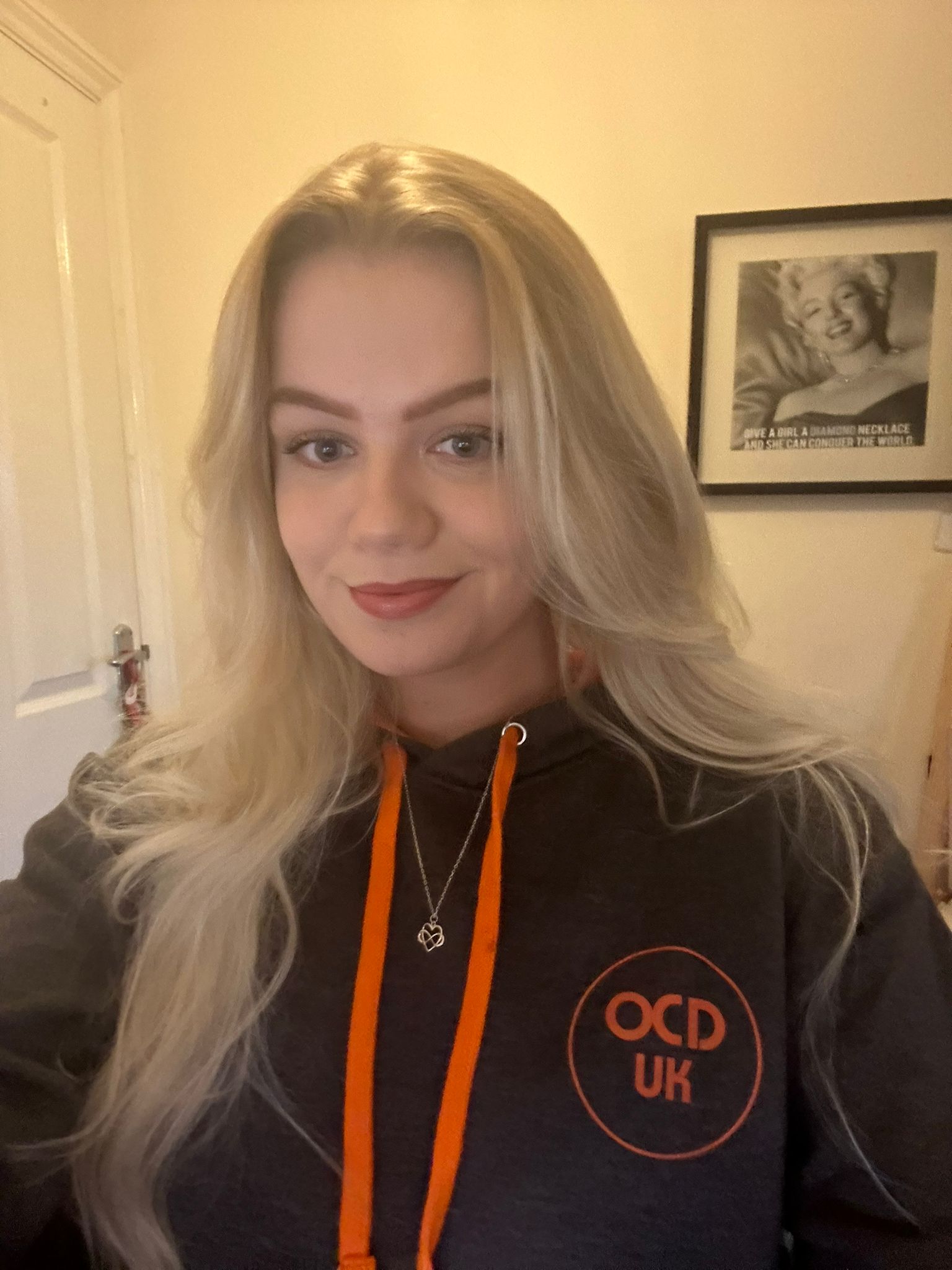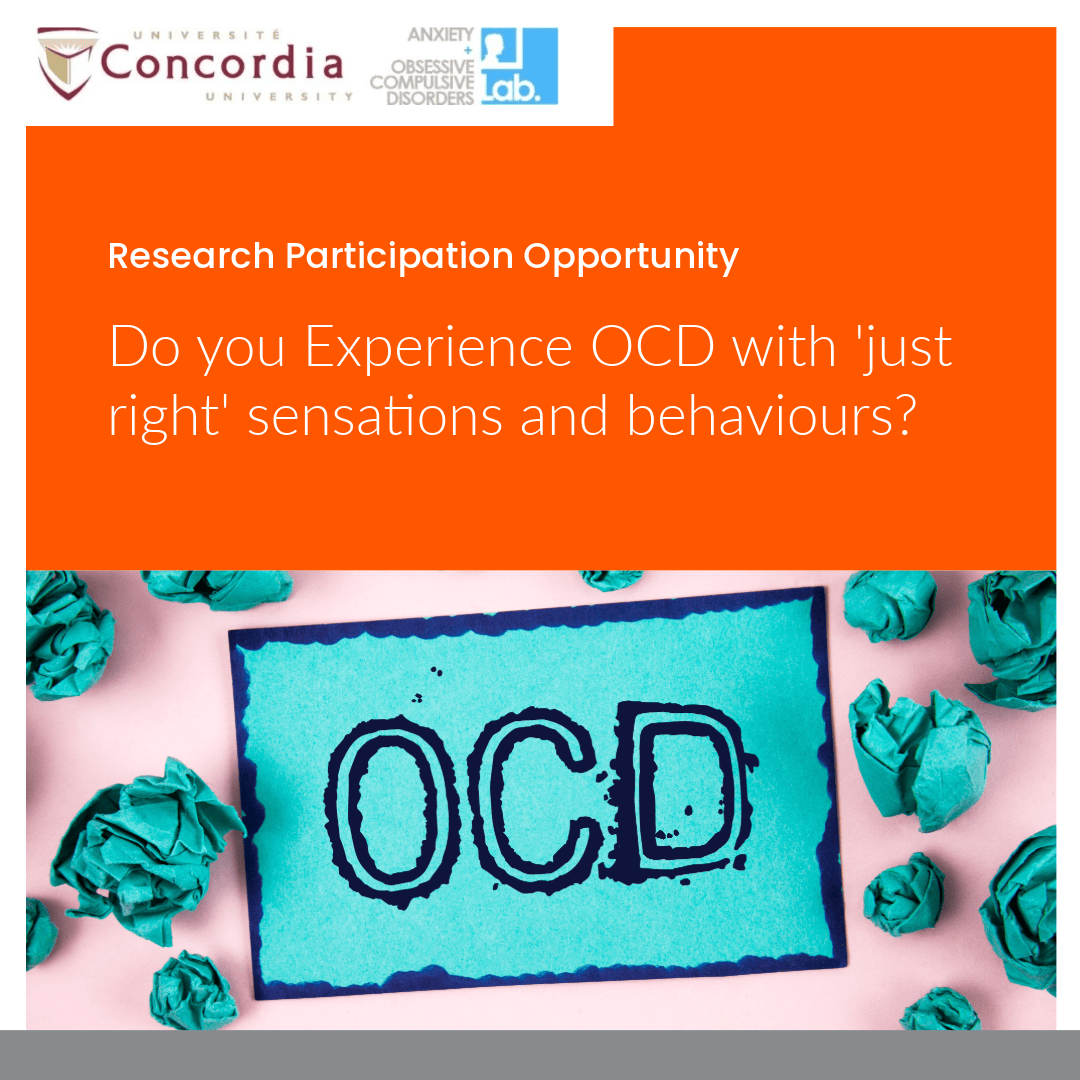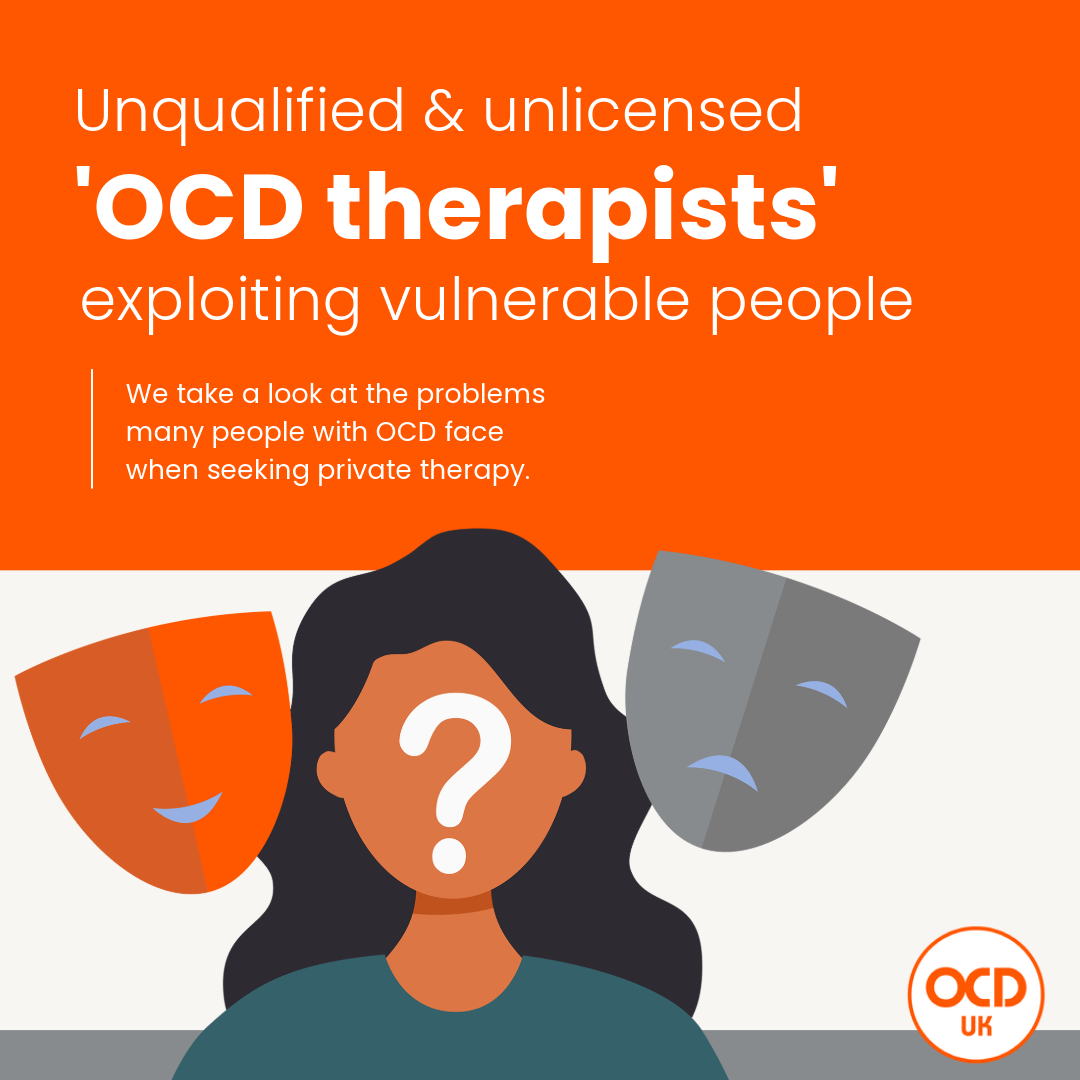There are a number of treatments options for children and adults with Obsessive-Compulsive Disorder (OCD) that evidence shows can be helpful, including psychological therapies and medication.
The primary treatment approach for most people will be to start with psychological treatment in the form of Cognitive Behavioural Therapy (CBT). However, for some people where therapy as not proved successful initially, the NICE guidelines recommend additional therapy (CBT with ERP), or a choice of medication in the form of Selective Serotonin Reuptake Inhibitors (SSRI).
Although medication is not recommended as an initial treatment method for most people with OCD, in the past many people were offered medication whilst on long waiting lists for psychological therapy. If this happens, it should be your choice whether to try medication or not.
Your healthcare professional should discuss all your treatment options with you so you can decide if you want to have a particular treatment or not, and which treatment you might prefer. Your own preference is important and after a full discussion your healthcare professional should support your choice where possible.
Whilst some people may be anxious about taking medication, the medication could be helpful in dealing with the OCD and/or with the reduction of anxiety and improvement on low feelings enough to make it easier to start, and eventually succeed, in therapy.
The types of Medications
The medication used for treating OCD usually take the form of antidepressants which act in the serotonin system, and are called Selective Serotonin Re-uptake Inhibitor, or SSRIs for short.

SOME USERS HAVE DESCRIBED IT TO US THAT THE ANXIETY EXPERIENCED BY OCD CAN FEEL LIKE A SHARP SPIKE, BUT AFTER TAKING MEDICATION, THAT SHARP SPIKE BECOMES MORE OF A ROUNDED SPIKE.
We do not know exactly why SSRIs are helpful for some people with OCD, it’s thought they might have an effect by altering the balance of chemicals in your brain, but what we do know is that they sometimes reduce the severity of obsessive-compulsive symptoms, by taking the ‘edge’ off some of the anxiety experienced. Some users have described it to us that the anxiety experienced by OCD can feel like a sharp spike, but after taking medication, that sharp spike becomes more of a rounded spike.
Medication types used to treat OCD:
Drugs often have several names. When a drug is first discovered it’s given an approved generic name but since medicines are often made by different companies, they also have one or more brand (trading) names, making it very confusing. The brand name is often chosen to be memorable for advertising, or to be easier to say or spell than the generic name which can often be cumbersome. For example, the generic name for Prozac is Fluoxetine. Whilst the brand name is usually written most clearly on any packaging, you will always see the generic name written somewhere on the packet or leaflet, although often in small print.
Here in the UK there are strict quality controls before a product licence is granted for brand versions of medicines. This means that in theory a generic or brand name version of the same medicine will have the same action and be of the same quality. Although some users have told us that they have noticed a difference, for example in 2015 when Anafranil was discontinued, a handful of users struggled taking the generic version, Clomipramine.
So with each drug recommended for the treatment of OCD we will list both the generic and brand name, if you are confused over medication names, please do discuss with your prescribing doctor.
Selective Serotonin Reuptake Inhibitors (SSRI)
SSRI medications are usually tried first (before non-selective SRIs) because SSRIs only act on serotonin. The SSRIs usually recommended for the treatment of OCD in the UK are:
Generic Name / (Brand Names)
- Citalopram (Celexa, Cipramil)
- Escitalopram (Cipralex, Lexapro)
- Fluoxetine (Prozac)
- Fluvoxamine (Faverin, Luvox)
- Paroxetine (Paxil, Seroxat)
- Sertraline (Lustral, Zoloft)
If these medications fail to work, a non-selective SRI may be prescribed. However, because it affects neurotransmitters in the brain other than just serotonin, there are more side effects and therefore it is usually not a first choice medication for treating OCD. The non-selective SRI most commonly used for treating OCD is:
Tricyclic Antidepressant (TCA)
- Clomipramine (Anafranil)
The NICE guidelines state:
Clomipramine should be considered in the treatment of adults with OCD or BDD after an adequate trial of at least one SSRI has been ineffective or poorly tolerated, or if the patient prefers Clomipramine or has had success in using the medication before.
Typically, the process of determining the most suited medication for an individual is achieved on a trial-and-error basis. However, in order to allow its maximum effects to be adequately observed, each medication should be taken for a specified time period, usually for at least 12-16 weeks, before seeking out an alternative, but always discuss with your prescribing doctor before making any changes to your dosage or type of medication.
This is not an exhaustive list, and sufferers may often be prescribed additional medications to enhance or augment the effects of these SSRIs. For example, part of the criteria to access some of the NHS national treatment clinics is augmentation of medication, which could include anti-psychotic medications alongside SSRI. Although the efficacy of anti-psychotics for the treatment of OCD is open to debate with some research suggesting it’s no more effective than placebo.
Medication for Children
For children, the NICE Guidelines for the treatment of OCD suggested that two of the SSRI’s listed had a UK marketing authorisation for treating OCD in children. Those were:
- Fluvoxamine (8 years and older)
- Sertraline (6 years and older)
Although in practice other medications may be prescribed to children, it’s worth pointing out that the NICE Guidelines were published in 2005, so knowledge around using SSRIs for children with OCD will have come on since publication. If a child is prescribed another drug to those listed above, it’s worth asking the prescribing doctor why an alternative medication is being prescribed to their child instead of one of the above two medications.
Medication and side effects
All medications have the potential for side effects, but that does not mean every person will suffer with side effects. We all have different bodies and tolerances to medications, so 10 people could be offered the exact same type, brand and dosage of medication and results will vary from the negative (making them feel worse) through a range of side effects to the positive results without any side effects at all. So it is important you ask a prescribing doctor to discuss the potential side effects with you, Of course the reality is, until you start taking any medication you won’t know if you will have any side effects at all. Click here to read more about potential side effects.
Coming off Medications
Although someone on medication may stop taking SSRIs whenever they wish, we always recommend that they’re reduced gradually under supervision from their prescribing doctor.
It’s also worth pointing out that NICE recommend, that if the medication has helped a person, they should continue taking the medication for at least 12 months to ensure their symptoms continue to improve and to prevent relapses.
What to read next:
























